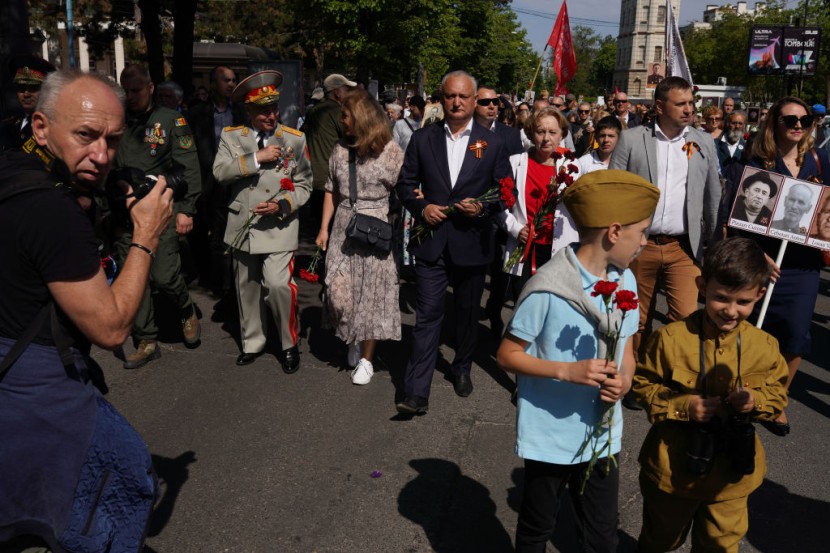
Former Moldovan President Igor Dodon stated that current President Maia Sandu, with her pro-EU stance, is of concern as it might lead to NATO presence in their territory. Dodon warns that the government will not consider Moldovan sovereignty that will benefit Romania and NATO.
The Sandu Government Considers Joining Romania, NATO
Chisinau is looking at an economic crisis and high gas prices, as claimed by Dodon last Wednesday, reported RT.
He added the government could not find a solution to the crisis, the predecessor of Sandu was incumbent from 2016 to 2020, in a Telegram.
Furthermore, he claimed that the Moldovan authorities caused the sinking into economic, moral, and political liquidation and stressed that high gas prices would cause price hikes, including energy and a food crisis, cited Islam Times.
Since the late 1980s, integrating Moldova and Romania, which have close cultural ties and share a language, has been a recurring principle in Moldovan politics.
Nevertheless, according to a March 2022 poll, only 11 percent of Moldovans support this initiative, while one-third publicly reject it and 42 percent assume it is not the right moment, noted the Press United.
Dodon thinks that the current government will commit to the initiative with no referendum on the issue and then legalize it with the help of a majority in the parliament and the Constitutional Court.
The former Moldova president has not specified any exact dates when President Sandu, with her pro-EU stance, can drive Romania back to NATO in a position of influence.
Instead, he criticized the government for making plans to position foreign troops, particularly NATO troops, on Moldovan soil, essentially ending the nation's long neutrality policy.
The government's proposed changes to the national border security law compelled such an angry response from the former president. A week ago, the bill ignited fierce discussion in Moldova's legislature.
NATO on Neutrality
The government-sponsored proposal to change the legal framework allows the EU border police 'Frontex' to be positioned on Moldova's frontiers, with Romania and Ukraine as a major source of friction.
The administration argued that solving the crisis caused by the war in nearby Ukraine is necessary. Both opposition parties in parliament have strongly objected.
The MP Vadim Fotescu, a member of the Eurosceptic Sor Party, allows a military delegation to enter the Republic of Moldova's territory at any time, as mentioned in our vote on this proposal.
Another former Moldovan ex-president, Vladimir Voronin, a senior member of the opposition Socialist and Communist bloc, has called the move a dangerous precedent.
It may result in the nation relinquishing sovereignty over border control and eventually losing its voice on issues such as European integration or border delineating with Romania.
Igor Grosu, Moldova's head of parliament, has asserted that Frontex is a civilian police force that is no threat to the country.
Serghei Diaconu, a senior official in the Interior Ministry, added the potential arrival of Frontex specialists. It is unlikely to endanger the country's neutrality.
Dodon is standing trial in his home country for passive corruption, illegal funding of political parties, and unlawful aggrandizement.
Dodon is concerned that successor Sandu with her pro-EU stance, will lead to Frontex, which is a way NATO can sneak in under the radar, but many in the state don't want to join Romania.
Western nations want to encircle Russia at all costs, which will lead to a chaotic Europe as the US shatters the peace in eastern Europe, starting with Ukraine.
Related Article : Transnistria Says Weaponized Drone Attack Thwarted, Fears Russia Will Use the Breakaway Region of Moldova








